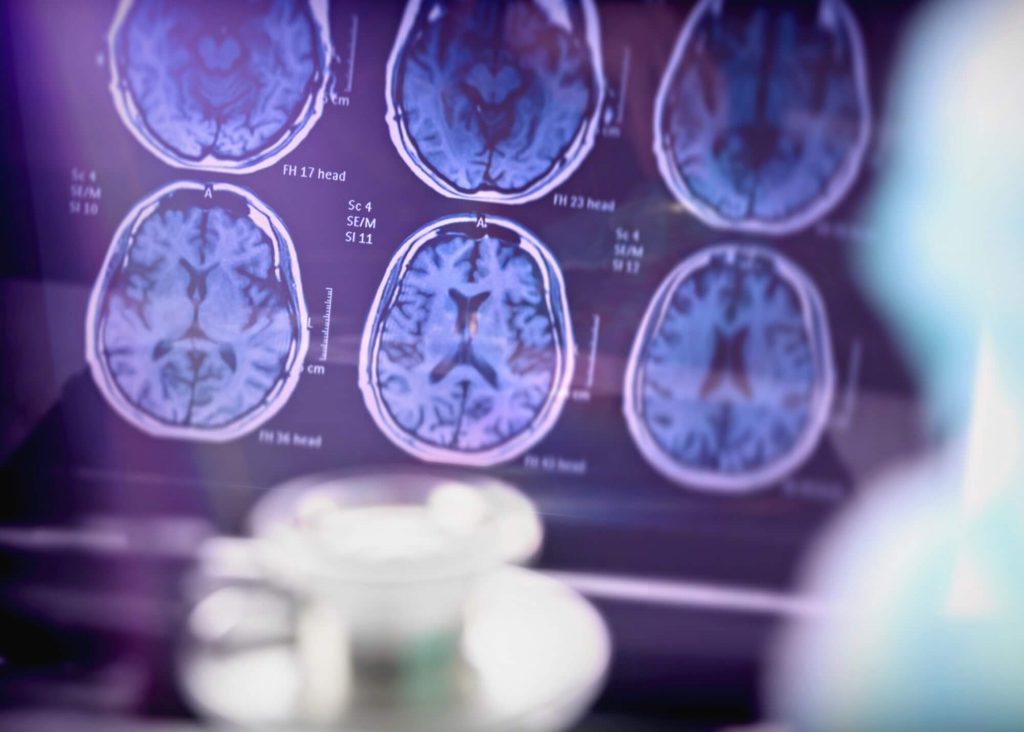How Does the APOE4 Gene Affect My Alzheimer’s Risk?
The APOE4 gene may increase your risk of developing Alzheimer’s. But knowing about this risk gives you time to learn about the disease and modify your other risk factors.

Everyone carries two copies of the APOE gene, which are instructions for building apolipoprotein — that grabs and carries cholesterol throughout the body. The APOE4 variant may increase your chances of developing cardiovascular disease and Alzheimer’s.
Knowing that you or your parents are carriers of this gene can fuel anxiety and lots of questions. Does it mean I’m going to develop Alzheimer’s when I’m older? Can I counteract these effects?
Getting the answers will empower you to make informed decisions about your health.
How does the APOE4 gene affect your health?
One copy of the APOE gene is inherited from each of your parents. If one of those copies is the APOE4 variant, it increases the risk of developing Alzheimer’s 25 percent.
With two copies of APOE4, it increases the chances between three- and 12-fold.
But having two copies of APOE4, or being APOE4 homozygous, is rare: Only about two to three percent of the population have two copies.
This doesn’t mean that everyone with this gene will develop Alzheimer’s. Your risk of developing Alzheimer’s in any year after age 65 is two percent. With one copy of this gene, the risk goes up to 2.5 percent. But carrying two copies of APOE4 boosts the risk from two percent up to 24 percent.
It is important to note that most of this research was conducted in predominantly white populations. In some groups like American Indians, carrying this gene is not associated with an increased risk of the disease.
What do you do if you carry the APOE4 gene?
Chris Hemsworth, the 39-year-old actor best known for his portrayal of Thor the God of Thunder, has discovered he has a genetic risk factor for Alzheimer’s disease while filming a new show for National Geographic.
He explained to Vanity Fair that finding out this information made him think more seriously about disease prevention, management, and his mortality.
While genetics are an important component of Alzheimer’s risk, there are other lifestyle factors that people can change to improve their health outcomes. Several other lifestyle factors that contribute to about one third of total cases of the disease.
Lifestyle changes including increased exercise and a Mediterranean-style diet composed of legumes, fruits, vegetables, fish, and whole grains may reduce the risk of developing the disease.
Takeaway
Discovering that you carry one or two copies of the APOE4 gene can be scary. While it can increase your risk of developing Alzheimer’s, it also gives you time to alter the other risk factors for the disease.
You also have the opportunity to participate in research that helps find better treatments. Participation means that you may receive a potential disease-modifying therapy before it hits the market.
To learn about clinical trials of new medications that aim to modify the pathology of Alzheimer’s disease, call Charter Research at 407-337-1000 (Orlando) or 352-775-1000 (The Villages).
